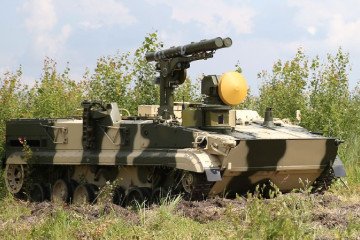- Category
- Latest news
FSB-Linked Russian Elites Granted Serbian Passports to Bypass Sanctions and Enter Europe
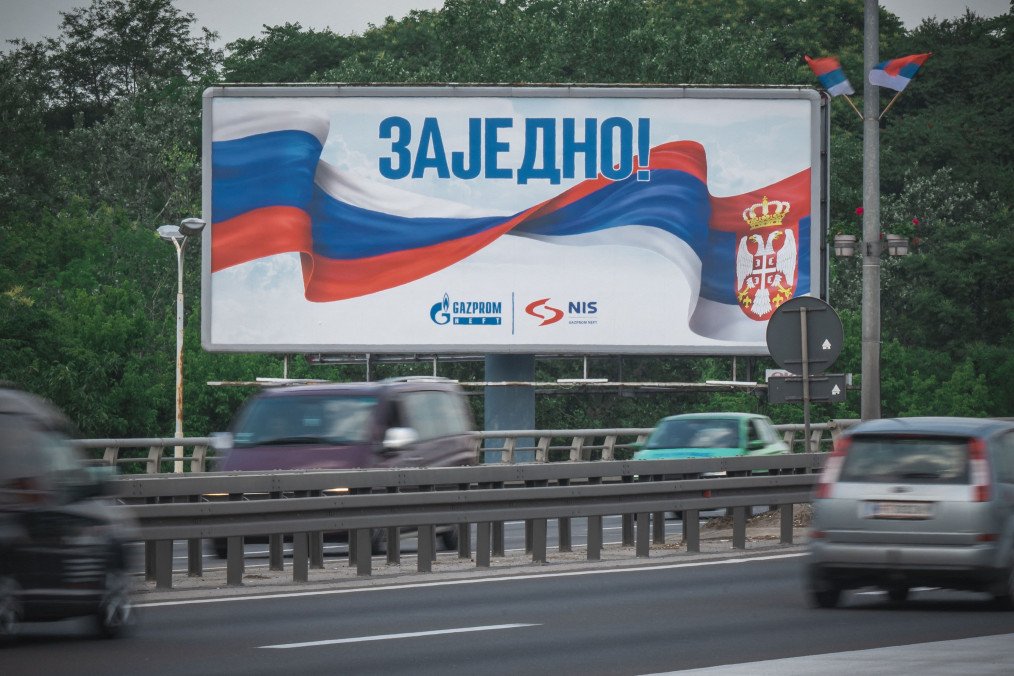
Dozens of members of Russia’s political, military, and business elite have obtained Serbian citizenship since the beginning of the full-scale invasion of Ukraine, according to an investigation by Russian outlet Important Stories published on April 16.
The report reveals that from early 2022 through March 2025, the Serbian government granted citizenship to 204 Russian nationals under an exceptional provision recognizing “special merit” to the country—nearly two-thirds of all naturalizations issued through this process over the last three years.
Just over 330 individuals total have received Serbian citizenship on these grounds during the same period.
Among those naturalized are former FSB special forces officers, allies of Chechen leader Ramzan Kadyrov, individuals connected to Russia’s defense sector, and figures involved in operations on occupied Ukrainian territories.
The citizenship grants provide these individuals with visa-free access to the European Union and around 100 other countries. Traditionally, such recognition was reserved for prominent figures in science, sports, culture, or business. However, the latest recipients include those under EU or international scrutiny.
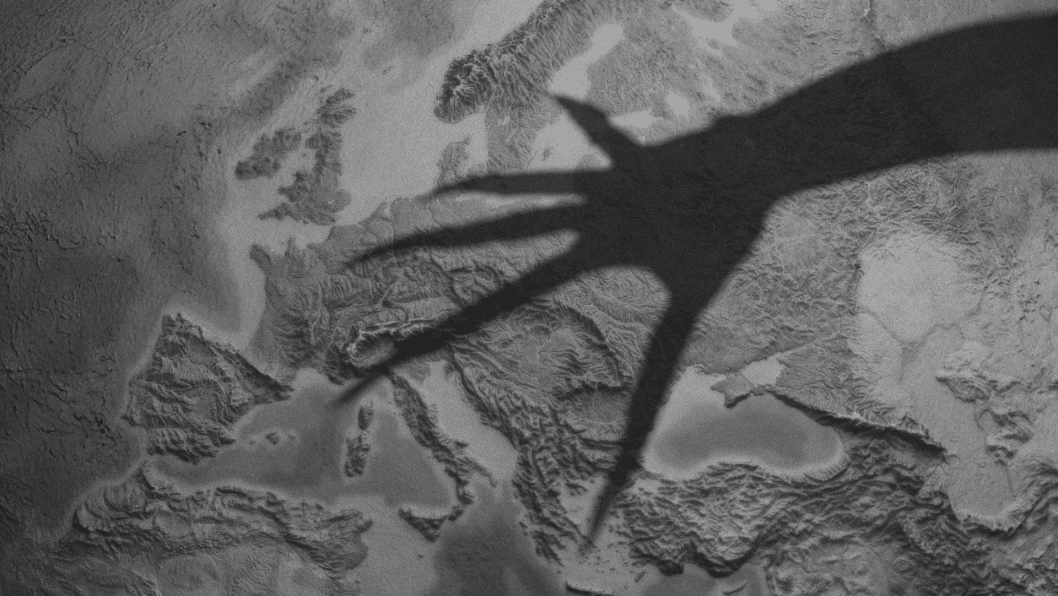
Key individuals identified
Viktor Shendrik, former FSB “Vympel” officer and former security chief for oligarchs Arkady and Boris Rotenberg. He currently chairs the supervisory board of the Moscow Boxing Federation and reportedly sponsors a far-right football supporter unit fighting in Ukraine.
Ruslan Alisultanov, former deputy mayor of Grozny and ex-deputy agriculture minister of Chechnya, closely linked to Kadyrov and now oversees assets formerly owned by Danone in Russia.
Dmytro Sergeyev, a business associate of Dmitry Patrushev, son of Security Council Secretary and ex-FSB chief Nikolai Patrushev.
Mykola Urayev, son-in-law of a top Rostec executive, previously managed a defense plant producing components for Russia’s intercontinental ballistic missiles such as the “Bulava” and “Topol-M.” He now heads a facility producing military trucks for the Russian Armed Forces.
Kateryna Blokhina, a senior manager at the “Elekon” defense factory and associated with the KRET concern—Russia’s largest producer of electronic warfare and avionics systems.
The investigation also highlights Kyrylo Krattli, son-in-law of Russian Member of Parliament Oleksiy Tkachev. Krattli leads a company that supplies agricultural equipment to Russia and works with the Tkachov family’s Agrokombinat, which reportedly cultivates over 160,000 hectares of farmland in occupied regions of Ukraine.
According to financial documents, the company continues to import parts from Europe, Canada, Turkey, and South Korea and maintains contracts with sanctioned Russian entities, including Sberbank and Gazprom.

A 2024 Ukrainian report estimates that at least 4 million tons of grain were extracted from occupied Ukrainian territories and exported, generating approximately $800 million for Russia.
None of the individuals mentioned in the report currently appear on international sanctions lists and are able to travel freely with Serbian passports.
Earlier, Serbian President Aleksandar Vučić confirmed the arrival of Russian FSB officers to investigate the alleged use of a “sound cannon” during protests in Novi Sad. The device, reportedly deployed during a student vigil, caused panic among the crowd. Vice Prime Minister Aleksandar Vulin welcomed the FSB’s involvement, prompting criticism from EU officials over his pro-Russian ties and existing US sanctions.



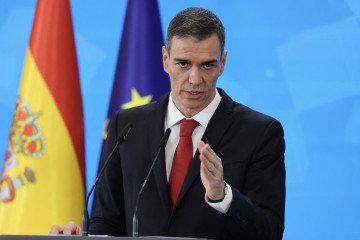
-c439b7bd9030ecf9d5a4287dc361ba31.jpg)
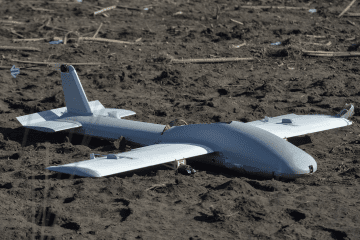
-111f0e5095e02c02446ffed57bfb0ab1.jpeg)
